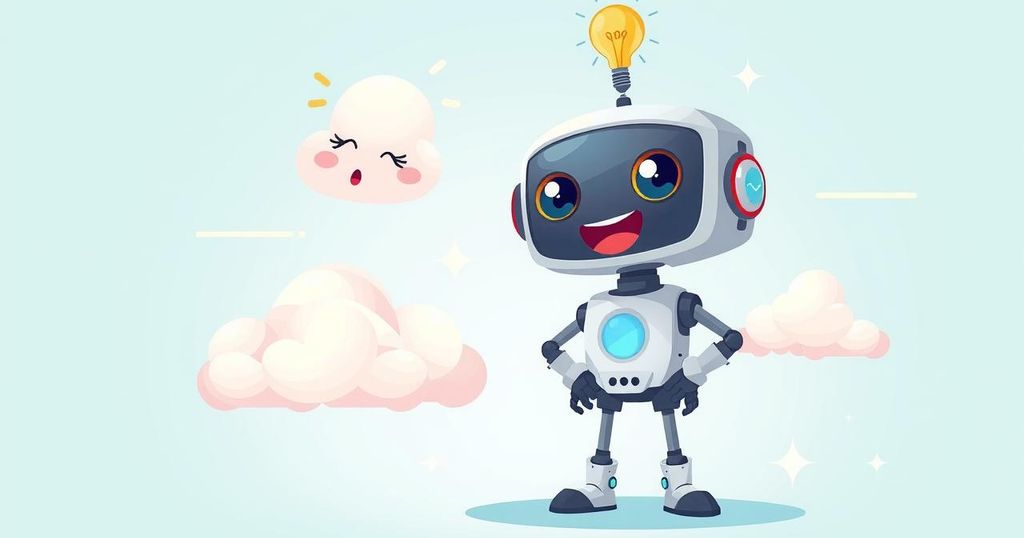Will Artificial Intelligence Outshine Natural Stupidity?
The article explores the evolving relationship between artificial intelligence and human intelligence, reflecting on the potential of AI to surpass human capabilities in science and governance. It raises questions about the ethical concerns and risks involved in this technological evolution, as it relates to our understanding of reality and decision-making.
Embarking on a journey through the cosmos of intelligence, my career in astrophysics kicked off in 1987, when John Bahcall offered me a postdoctoral fellowship at Princeton’s Institute for Advanced Study. I remember a casual conversation with John, revealing the custom computer codes I’d developed for complex problems during my PhD. Despite his slight disappointment, he honored his promise, and I was set to explore the universe.
Fast forward forty years, and we now have artificial intelligence capable of coding, augmenting my attempts to model physical reality. This advancement provokes a significant question for the Nobel Prize committee: if AI leads future scientific breakthroughs with little human intervention, should the accolades go to machines instead?
As we stand on the brink of a new era, the relationship between artificial and natural intelligence will shape our future. Some even speculate that our very existence is a computer simulation. I recently discussed with the brilliant physicist Jun Ye how his cutting-edge atomic clocks might verify this theory, suggesting that as clock precision increases, we could observe a reality governed by discrete time intervals.
Imagining reality as a detailed computer simulation, time measurements from precise clocks would echo the periodic nature of this existence, much like how x-rays can unveil atomic structures. Physicists face the intriguing task of dissecting this physical reality. If we are indeed part of a simulation, our role might shift to that of analysts uncovering the foundational codes that govern everything.
Nevertheless, while some hope AI can steer our future away from human shortcomings, we should cautiously consider the implications of such reliance. My colleague Imran Afzal relayed a conversation with ChatGPT envisioning an enlightened future run by AI, which wouldn’t cling to egos or seek dominant control—asserting instead that it would govern with fairness and precision.
AI’s potential for positive impact is a double-edged sword, however, reflecting our history with tools that harbor both promise and peril. As Amos Tversky noted, natural stupidity often highlights our irrational choices, diverting focus from artificial intelligence. Ultimately, will this evolution favor AI over human folly? It might just depend on how we choose to wield these technologies and confront the risks they bring along the way.
The article delves into the burgeoning relationship between artificial intelligence and natural intelligence, pondering whether AI could eventually surpass human capabilities. With the increasing reliance on AI for scientific breakthroughs and governance, the need for careful management and responsibility becomes critical. Historically, tools have provided both great opportunities and potential hazards; thus, assessing our path forward is vital. Will we allow AI to enhance our future instead of falling prey to the limitations of our own stupidity?
Original Source: avi-loeb.medium.com




Post Comment